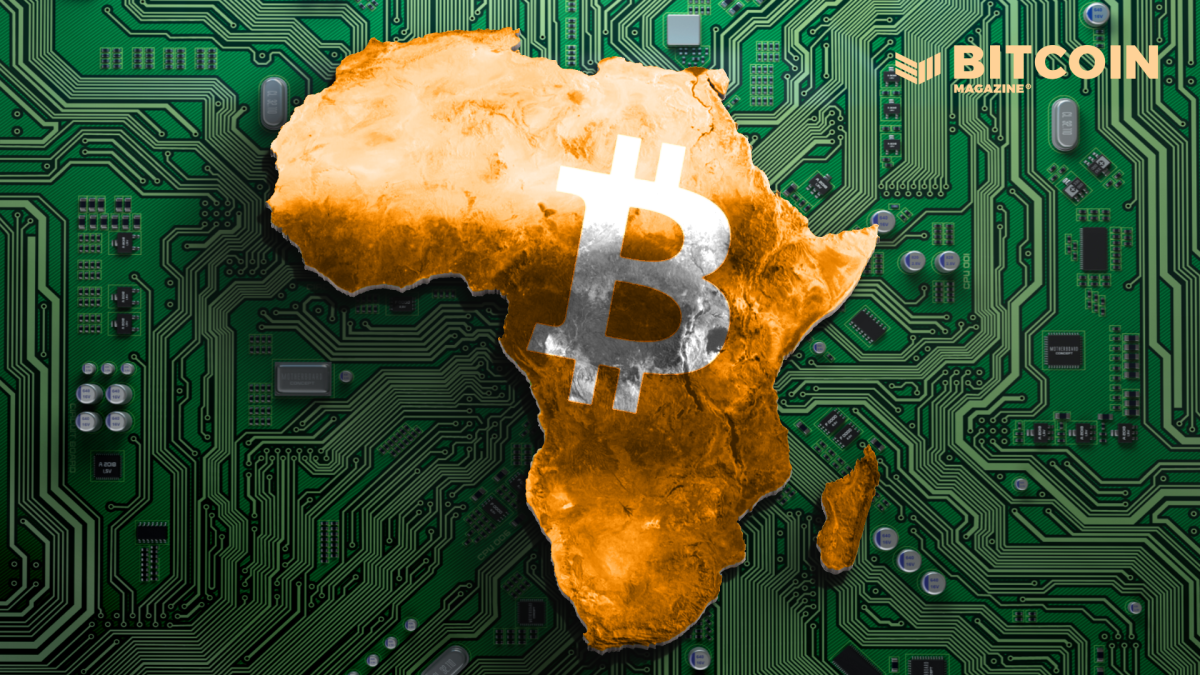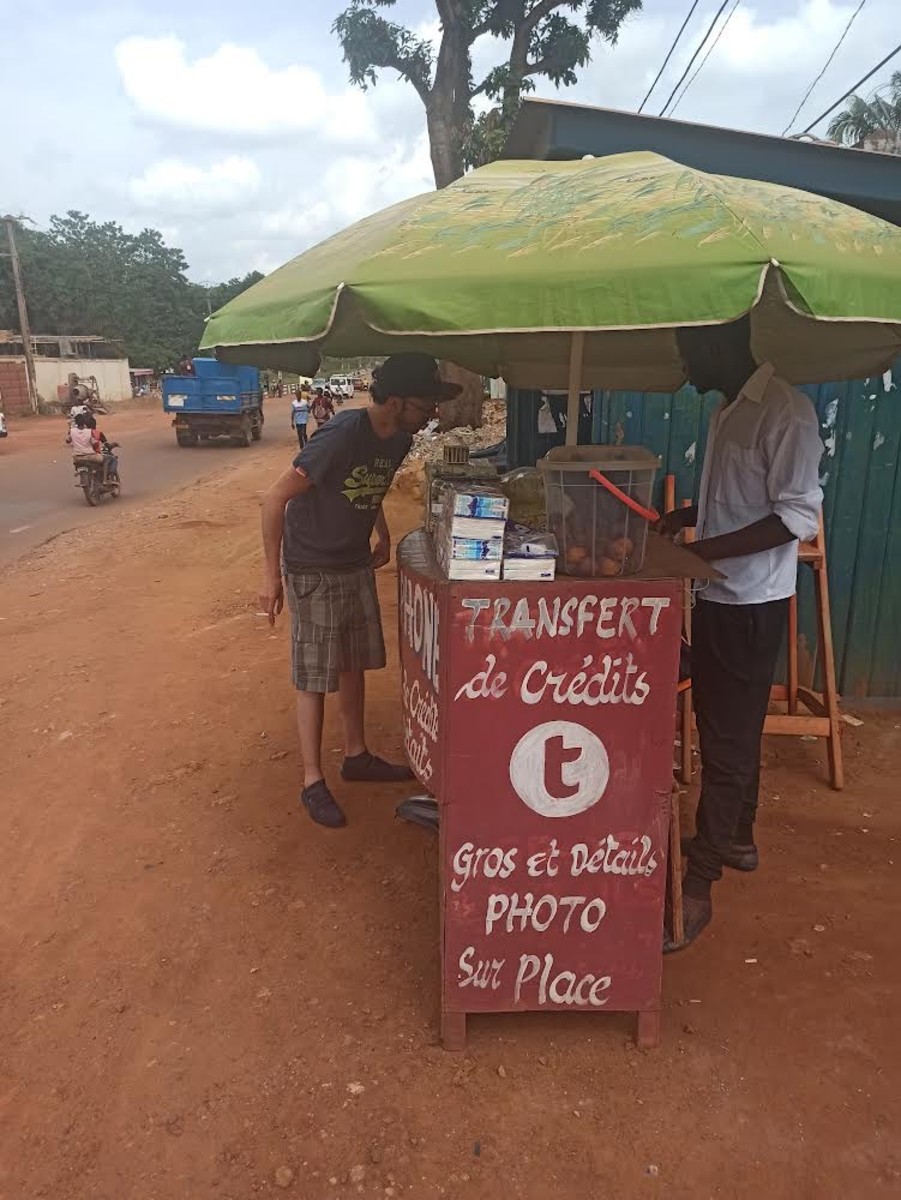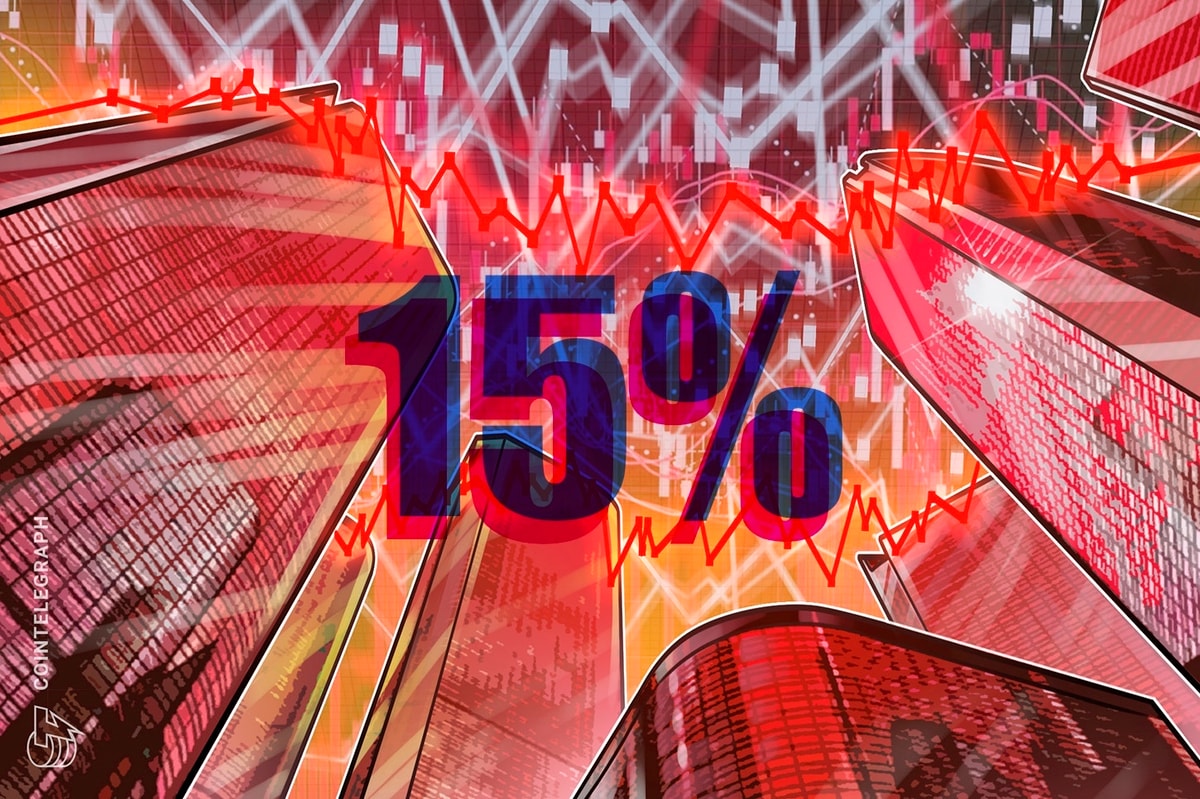The people of the Central African Republic (CAR) are on a mission to be the first country in Africa to enable widespread bitcoin adoption. They are the second country in the world (after El Salvador) to officially adopt bitcoin as legal tender for use in regular commerce and for paying taxes.
In April 2022, President Faustin-Archange Touadéra signed into law a bill (which passed unanimously) making bitcoin and the CFA franc the legal currency of the Central African Republic.
Understanding The Challenge Ahead
President Touadéra invited a group of Bitcoiners with expertise in different areas to the country’s capital of Bangui in order to advise the country on issues like setting up internet access, connecting to the Lightning Network and developing mining facilities.
Seven Bitcoin experts spent a week in the country, “to understand the Central African Republic context better and identify the main factors that will encourage or inhibit the adoption of Bitcoin in the country,” according to their report.
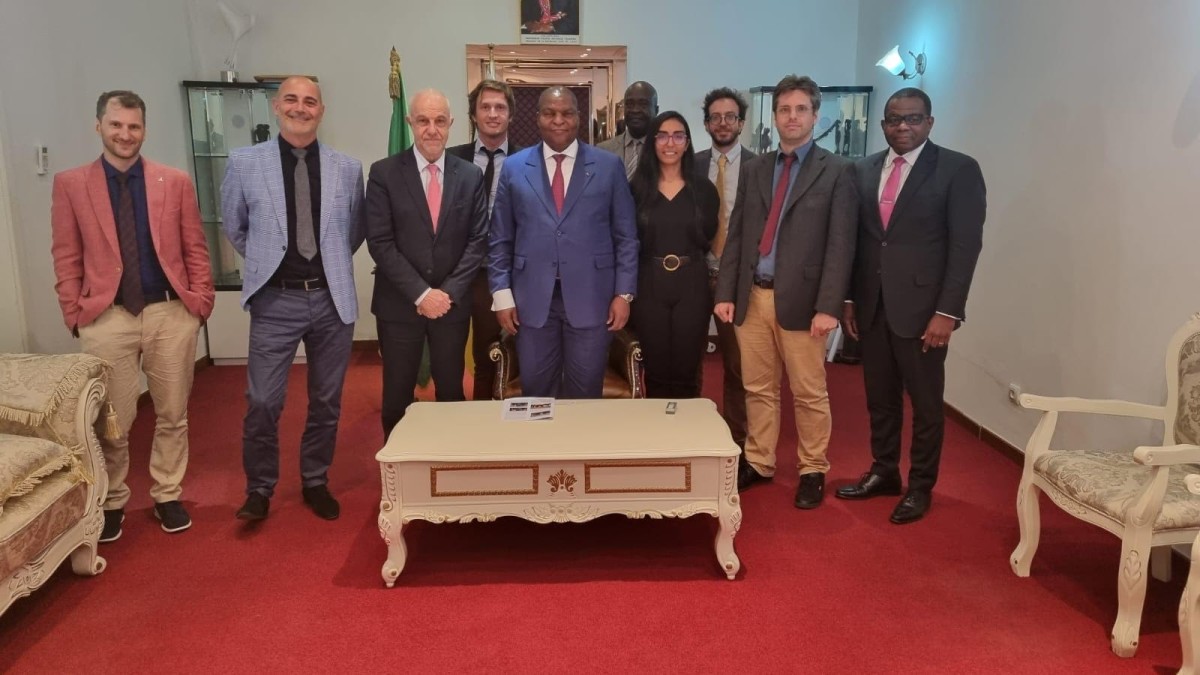
Bitcoin delegation to the Central African Republic. From left to right: Nicolas Burtey, Sébastien Gouspillou, Jean Marie Cambacérès, Jean Christophe Busnel, President Touadéra, Alfred Poloko, Noor El Bawab, David Oren, Richard Détente, Daniel Kokouendo. (Credit/Gouspillou)
“We arrived intending to explore the country's strengths and weaknesses without prejudice and propose solutions adapted to the reality on the ground.” —Sébastien Gouspillou
In their recommendations, the group addressed what they saw as CAR’s challenges:
- Low access to electricity
- Low access to internet
- Low rates of mobile phone users
- Lack of educational organizations dedicated to Bitcoin
- ID card needed to buy a SIM card
The areas where CAR has strengths for adopting bitcoin successfully include:
- Favorable regulations
- Usage of mobile money
- Only 5% of the population is banked
Access To Electricity
The report highlights that there are two differing energy networks in CAR. Access to electricity is better in the city of Bangui. Less so in the remote, rural areas.
“The energy divide between Bangui and villages requires special attention to avoid an economic divide between cities and isolated areas.”
Despite having lots of potential hydro, many projects have yet to actualize due to a lack of funding.
Access To Internet
Unlike El Salvador where internet access is widespread, internet access in the Central African Republic was estimated to be only 11.4% of the population in January 2021.
Currently the Bank of Development of Africa is working with CAR to get fiber optic internet coverage in 70% of its territory which encapsulates 90% of the population. 1,010 kilometers of optical fiber have already been installed and will be made available to the public from June 2022.
With a population of 4.8 million, CAR has some interesting statistics that make it a prime location for bitcoin adoption. The report looked at the current data and found:
- Two million mobile phone subscribers
- Approximately 800,000 unique subscribers
- 300,000 customers with mobile internet access
- 100% 3G coverage in the city of Bangui
Buying And Selling Bitcoin
The report states, “Mobile credit is one of the country's most used means of payment, so it is essential to use a known model and not disrupt users' habits. This method of buying and selling bitcoin through mobile credit retailers is a model already established in Goma (DRC) and other African countries.”
The authors recommend leveraging the country’s 12,000 mobile credit retailers and installing bitcoin ATMs in cities in secure locations.
Tapping Into The Lightning Network
The report’s authors believe that bitcoin can best be deployed through peoples’ smartphones using the Lightning Network installed in the telephone system.
In an interview with Bitcoin Magazine, co-founder of BigBlock Group bitcoin mining company, Sébastien Gouspillou said:
“We see that the rate of smartphone ownership is rising very fast in the subregion, much faster than internet or banking, for example. It is on this ongoing deployment that the diffusion of Bitcoin in the country can be based, so we are working on the idea of Lightning transactions via the telephone network … We have Samson Mow and other geniuses to work on an adoption with the conditions we have, right now, in the country.”
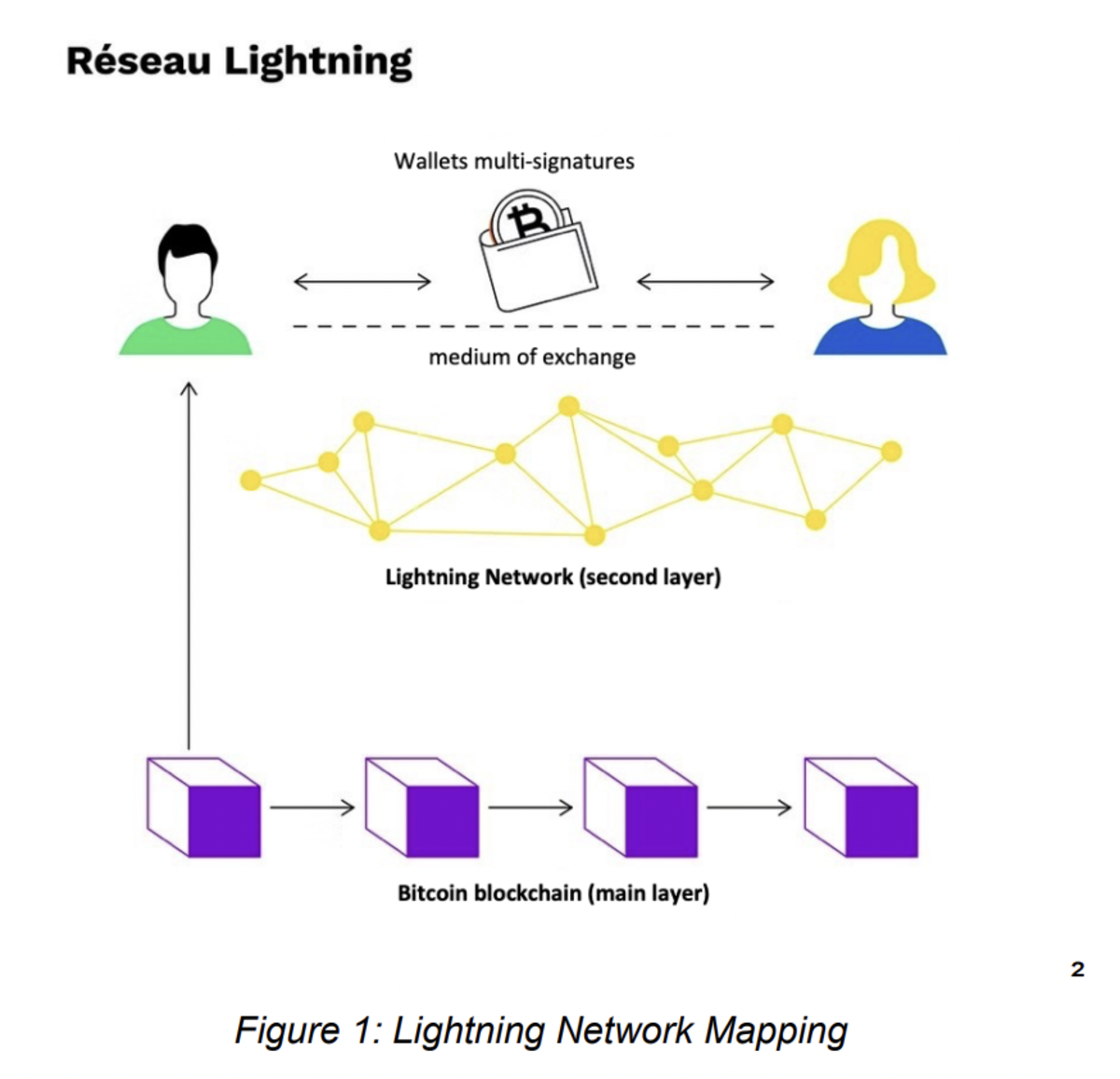
(Source)
Taking Advantage Of Plentiful Hydro
Like El Salvador, CAR has the major advantage of plentiful energy sources for bitcoin mining. The report details that hydroelectric potential is phenomenal from 700 to 2000 MW. In his interview with Bitcoin Magazine, Gouspillou said:
“The goal is that mining can contribute to the development of electricity, by helping to finance new power plants. These are huge projects, Big Block Green Services is too small to carry them alone, we will need help from big actors of mining.”
Bonds To Finance Bitcoin Mining
The reports authors suggest the country follow the example of El Salvador and sell government bonds as a way to raise capital for building mining facilities:
“Like El Salvador's Bitcoin bonds, we recommend issuing government bonds on Bitcoin's Liquid network. These bonds would help finance the construction of the region's solar/hydro energy infrastructure and bitcoin mining. The mining infrastructure would also benefit the Central African Republic with a source of revenue. El Salvador will raise $1 billion in bonds thanks to Bitcoin. We recommend a meeting with the team of Samson Mow, the architect of The Bitcoin Bonds of El Salvador.”
Conclusion
I asked Gouspilllou if he thought the people of CAR are backing their president on this bitcoin initiative.
“Yes, everyone has a role to play. Citizens have to take ownership of Bitcoin, and educate those around them. The knowledge will be shared from the citizens we have already introduced to Bitcoin, to Lightning, and to all those that the next delegations of Bitcoiners will form.”
“I insisted during my speech at the big CEMAC (Central African Economic and Monetary Community) conference that Central Africans should be sure of one thing, and that is that the decision of their president is an excellent one, that of a visionary. And with this certainty, we, the Bitcoiners of the world, should help this president, and they should help him too, by simply adopting Bitcoin.”


